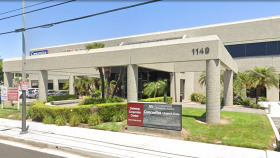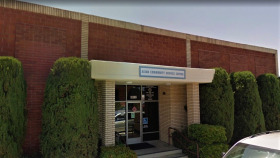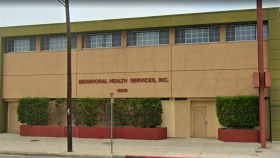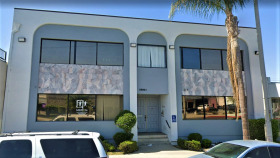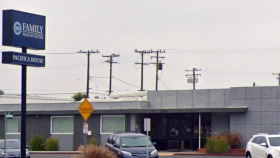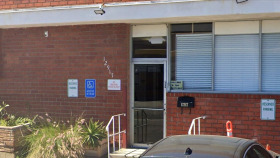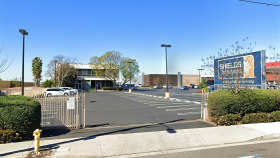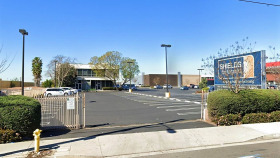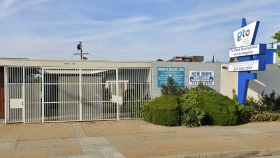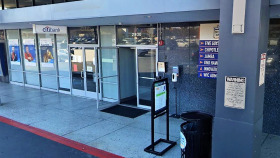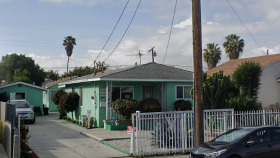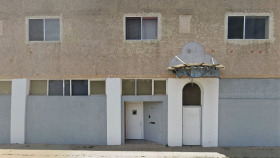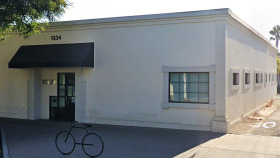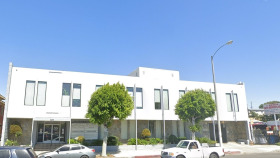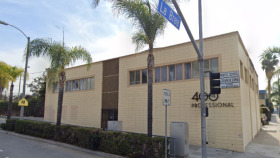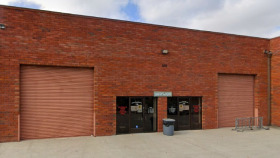Drug and Alcohol Statistics in Gardena
In the most recent reports on accidental overdose deaths, methamphetamine and fentanyl caused more than half of all deaths. Fentanyl misuse is causing more consequences for all age groups and genders in Gardena, like the following: 2
Emergency room visits and hospitalizations in Gardena due to fentanyl misuse are the highest they have ever been. As a result, in 2020 there were: 2
542 emergency department visits
206 hospitalizations
Fentanyl is not the only substance causing dire consequences for the more than 30,000 people who entered drug rehabs in Los Angeles County in 2019 and 2020.3
- Primary substances used by people entering treatment, in order, include3
- Methamphetamine
- Heroin
- Alcohol
Gardena is in the service planning area (SPA) 8. The characteristics of SPA 8 people with the highest admission rates in Los Angeles County drug rehabs include the following:3
- Male
- White
- Latin American
- 26 to 34
- Heterosexual
- Unemployed
- English speaking
Before you search the Gardena area for a “drug rehab near me” or “alcohol rehab near me,” learn how easy it is to travel to and within the area.
Levels of Care for Substance Abuse
Multiple levels of care exist for alcohol and drug rehab in California. Some residents require all levels of care during their journey to recovery, while others receive only the less intensive options.
Medical Detox
Detox is the process of safely and comfortably removing drugs or alcohol from your system while in a supervised medical setting. Many people choose a medical detox program to prevent severe withdrawal symptoms. This is often the first step in the recovery process, completed before transitioning into formal inpatient addiction treatment services.
Inpatient Care
An inpatient or residential setting involves living at an accredited rehab facility 24/7 to receive treatment for addiction. A combination of evidence-based interventions are provided, including individual and group therapy, nutritional counseling, and medication administration.
Partial hospitalization programs (PHPs)
PHPs are a type of outpatient treatment in California that often involve many of the same therapies and methods of inpatient care. The difference being that you only visit the drug rehab during scheduled session times, then you can return home.
Intensive Outpatient Programs (IOPs)
A step down from PHPs, IOPs are a type of outpatient treatment in California allowing you to attend onsite sessions for several hours a day, multiple days each week, while spending the rest of your time at home, working, or fulfilling other obligations.
Standard Outpatient
As the least intensive setting, standard outpatient care is appropriate for California residents who are highly motivated and have a strong support system. It involves just one or two hours of treatment per week.
Relapse Prevention
Aftercare, or relapse prevention, provides ongoing support after a rehab program is complete. Aftercare may include 12-step groups, non-12-step groups like SMART Recovery, ongoing therapy, sober living homes, and more.
How to Pay for Substance Abuse Treatment in California
Private Insurance
Every insurance provider in the U.S. is required by law to provide at least some coverage for mental health and substance abuse treatment. In California, residents should contact their insurance provider to confirm specific coverage with their carrier, including applicable copays.
Medi-Cal
Medi-Cal is California’s Medicaid program. Funded by federal and state taxes, this program pays for medical services for children and adults who have limited income. To qualify for Medi-Cal, California residents must meet income requirements and be one of the following: pregnant, responsible for a child under 21 years old, blind, disabled or a disabled family member, or 65 years or older.
California Medicare
California Medicare is a government program providing coverage to residents who are over the age of 65 or who have end-stage renal disease. California residents can use Medicare to cover the cost of rehab and other addiction treatment services; however, not all rehabs accept Medicare insurance.
Sliding Scale Payment Options
Sliding scale payment plans only charge California residents what they can afford, based on their income. To qualify, residents typically need to provide proof of income and assets.
TRICARE in California
California TRICARE (West Region) is a government program that provides health insurance for military personnel, veterans, and their dependents. TRICARE coverage includes addiction treatment services, such as rehab and medication-assisted treatment (MAT).
IHS-Funded Drug Rehabs
Drug rehab programs funded by the Indian Health Service provide free addiction treatment to California Natives and Indigenous peoples in the U.S.

Everything You Need to Know About Visiting Gardena
Los Angeles International Airport (LAX) is a twenty-minute drive from Gardena. If you plan to drive, you can access multiple freeways, such as the 405, 105, 710, and 110.
Types of Ground Transportation
- Car rentals
- Ride-share apps
- Shuttles
- Taxi cabs
- Public transit buses
- Metrolink Trains
- Scheduled buses
- Boat at the Port of L.A.
Places to Stay in Gardenia
- 20+ hotels and motels
- Air BnB and VRBO rentals
- Bed and breakfasts
- Inns
- Campgrounds
- R.V. parks
When you think of Los Angeles County, Universal Studios and Disneyland may come to mind. They are just two of the many things to do in Gardena and the surrounding area.
Other Things to Do
- Aquatics
- Adult sports
- Support groups
- 25+ places of worship
- Volunteer for the city
- Sports events
- Festivals
- Special programs
- Beaches and harbors
- Art and cultural events
Quality drug rehabs in Gardena can help you create a treatment plan that includes activities that will support your recovery goals.
California Alcohol and Drug Laws
California law includes the following policies related to substance abuse:1,2,3,4,5
California Employee Protections for Drug or Alcohol Rehab: California’s labor code requires employers with 25 or more employees to provide accommodation to staff who voluntarily choose to attend alcohol or drug rehab. This may include unpaid time off or use of sick or vacation time. Employees who wish to request time off for addiction treatment may be able to request it under the Family and Medical Leave Act or the California Family Rights Act.
Substance Abuse and Crime Prevention Act: This act provides treatment opportunities for individuals who are convicted of non-violent crimes. Eligible offenders may serve their time in drug treatment rather than in prison.
California Government Prevention and Care Services: Senate Bill 110 expanded these services to include contingency management (an incentivized treatment program) as a benefit covered under Medi-Cal. Patients who demonstrate substance-free behavior, such as drug-free urine tests, are rewarded with vouchers or gift cards.
California Ethical Treatment for Persons with Substance Use Disorder Act: This bill protects residents undergoing addiction treatment by requiring alcohol and drug rehabs in California to adopt a client bill of rights that seeks to ensure every client is are treated with dignity, honesty, and respect.
California’s Good Samaritan Law: This law encourages California residents to call 9-1-1 if an overdose is suspected. It protects individuals who seek emergency medical care for overdose from legal repercussions for possession of a controlled substance/drug paraphernalia or providing alcohol to minors.
Resources
- County of Los Angeles Public Health. 2022. Surveillance Data Reports and Dashboards Los Angeles County.
- County of Los Angeles Public Health. 2022. Data Report: Fentanyl Overdoses in Los Angeles County.
- Los Angeles County Department of Public Health Substance Abuse Prevention and Control. 2021. Annual Review of Patients in Publicly Funded Substance Use Disorder Treatment Programs in Los Angeles County, 2019-2020 Fiscal Year.
- The city of Gardena. 2022. Living in Gardena.
- County of Los Angeles. 2022. Things to Do.



